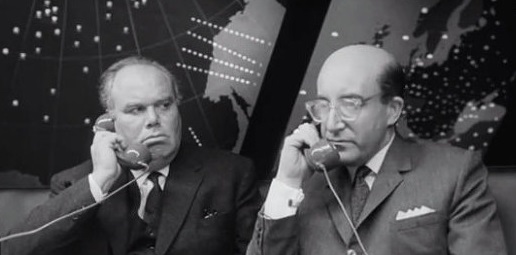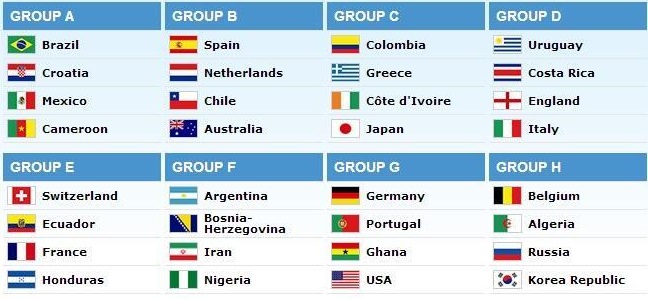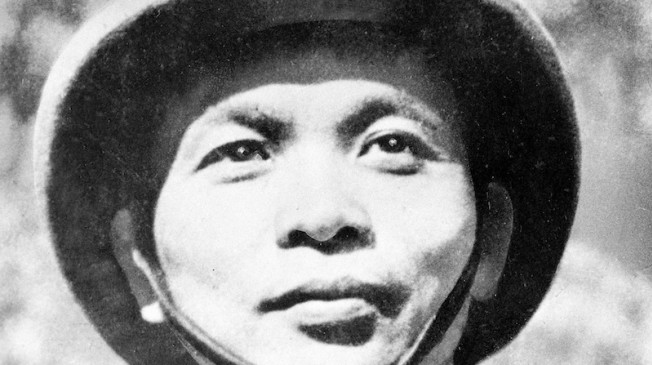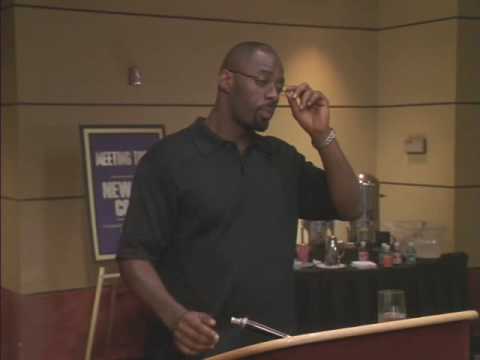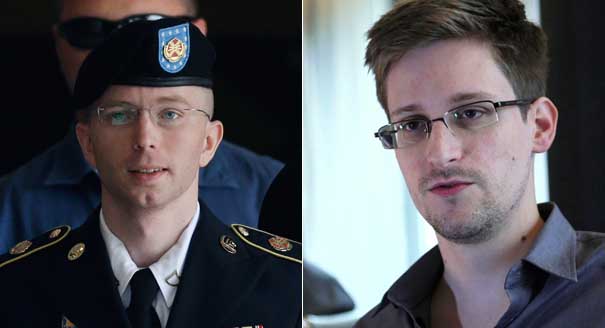 “The deeper threat that leakers such as Manning and Snowden pose is more subtle than a direct assault on U.S. national security: they undermine Washington’s ability to act hypocritically and get away with it. Their danger lies not in the new information that they reveal but in the documented confirmation they provide of what the United States is actually doing and why. When these deeds turn out to clash with the government’s public rhetoric, as they so often do, it becomes harder for U.S. allies to overlook Washington’s covert behavior and easier for U.S. adversaries to justify their own.”
“The deeper threat that leakers such as Manning and Snowden pose is more subtle than a direct assault on U.S. national security: they undermine Washington’s ability to act hypocritically and get away with it. Their danger lies not in the new information that they reveal but in the documented confirmation they provide of what the United States is actually doing and why. When these deeds turn out to clash with the government’s public rhetoric, as they so often do, it becomes harder for U.S. allies to overlook Washington’s covert behavior and easier for U.S. adversaries to justify their own.”
In Foreign Affairs, Henry Farrell and Martha Finnemore argue that, as a result of whistleblowing, the US is “no longer able to rely on easy hypocrisy“ in our foreign policy. “Secrecy can be defended as a policy in a democracy. Blatant hypocrisy is a tougher sell. Voters accept that they cannot know everything that their government does, but they do not like being lied to.”
Note: The link is behind a paywall, but Digby has an excerpt and thoughts up, as does Farrell in the Washington Post. This also reminds me of Neal Stephenson’s Neo-Victorians in The Diamond Age, which I presume is the tack a defender of our obvious diplomatic double-standards would take: “That we occasionally violate our own stated moral code…does not imply that we are insincere in espousing that code.”




